Putin losing influence? A new power player has emerged
When Russian President Vladimir Putin launched the invasion of Ukraine, he hoped to restore the golden age of the Soviet Union from the 1950s.
Tuesday, 20.09.2022.
08:28
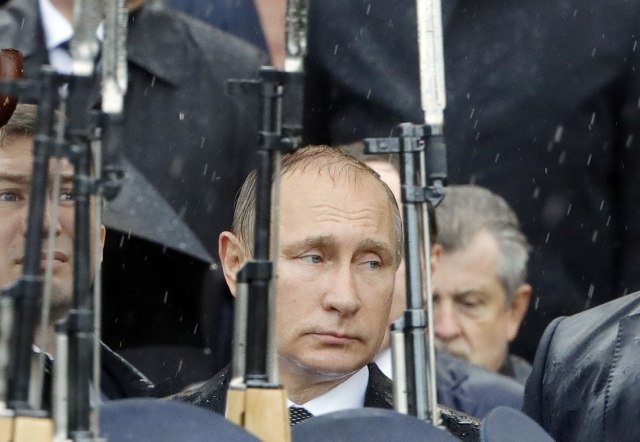
Putin losing influence? A new power player has emerged
Instead, it unleashed chaos on a scale not seen since the collapse of the USSR in 1991.Across the frayed fringes of Russia's sphere of influence, from Eastern Europe to the Caucasus and Central Asia, former parts of the once-vast empire are openly rebelling or left to fend for themselves as the Kremlin focuses on an increasingly catastrophic war in Ukraine.
As Moscow loses its influence among former, as Politico writes, "subjects", new conflicts break out, alliances are being forged and old disputes are opened.
Armenia and Azerbaijan
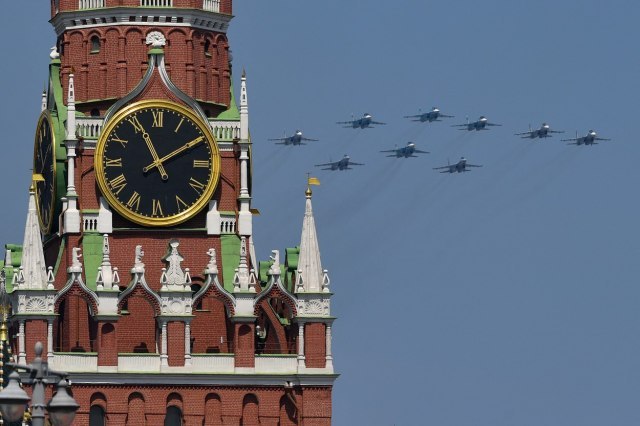
The conflict was halted after Moscow brokered a truce and deployed troops to the disputed Nagorno-Karabakh region.
However, reports indicate that the Kremlin has withdrawn its best and most experienced soldiers to send to Ukraine and in recent weeks, Azerbaijani forces have crossed the line of contact and taken strategic positions, while the Russians have been unable or unwilling to send them back. Armenia is a member of the Collective Security Treaty Organization (CSTO), a military alliance led by Russia, and Prime Minister Nikol Pashinyan on Wednesday urged the bloc to send "military aid to restore the country's territorial integrity."
But other members of the alliance have been reluctant to intervene as Kazakhstan has ruled out troop deployments and Moscow has been reluctant to get involved in another conflict. "Russia's failures in the war in Ukraine mean that its capabilities are limited and a power vacuum has been created in the region," said analyst Tigran Grigoryan, adding that Russia is "neither willing nor able to contain Azerbaijan" at the moment.
Baku has gradually replaced its post-Soviet ties with Moscow with closer ties with Turkey, which provides it with advanced military equipment and troop training.
Georgia
"Politico" writes that the blue-yellow Ukrainian flag is impossible to miss in Tbilisi, where it hangs on offices and government buildings.Graffiti on street walls is full of profanities against Putin, while one popular bar asks Russians to sign a statement against their country's aggression before being allowed inside. About a fifth of Georgian territory is occupied by Russian troops and their representatives, so-called proxies, in the breakaway regions of Abkhazia and South Ossetia.
After losing the war against Moscow in 2008, Georgia has long since left Russia's political orbit, but remains third on its list of major trading partners. Although the government has loudly protested the invasion of Ukraine, it has not implemented economic sanctions against Moscow, meaning there is no pressure to do more. More than 60 percent of Georgians polled weeks before the invasion said ruling politicians were not taking a strong enough stance.
And the rhetoric became even fiercer. Earlier this week, Irakli Kobakhidze, chairman of the ruling Georgian Dream party, said the country should "let people say whether they want to open a second front in Georgia against Russia" by attacking Abkhazia and South Ossetia. Later, he said he was joking, "Politico" notes.
Kazakhstan
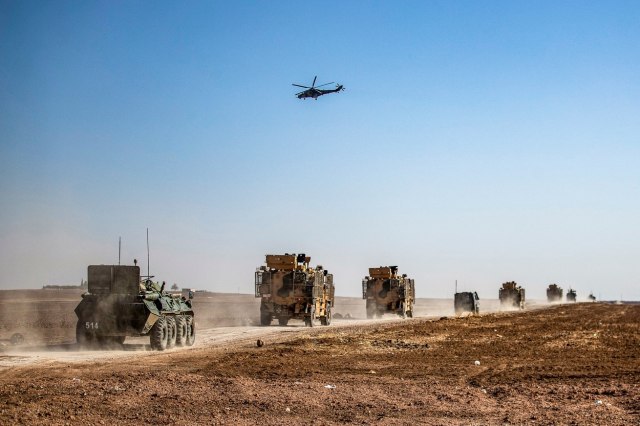
President Kassym-Jomart Tokayev unexpectedly humiliated Putin at the Economic Forum in St. Petersburg in June, refusing to recognize two "quasi-states such as Lugansk and Donetsk." A few weeks later, Tokayev told European Council President Charles Michel that his country was concerned about "risks to global energy security" created by the war and offered to "use its hydrocarbon potential to stabilize the situation in the world and on European markets."
Moscow retaliated two days later by closing the Novorossiysk oil terminal, preventing Kazakhstan from exporting its significant oil and gas reserves via the Caspian Sea. Naval mines from the Second World War were blamed for the immediate threat to the facility, but analysts suspect that this timing is coincidental.
Kazakhstan formally adheres to Western sanctions against Russia, and relations seem to be getting worse. Earlier in August, former Russian President Dmitry Medvedev said on the Internet that "Kazakhstan is an artificial state" and that its "wilderness" was originally colonized by the Russians, which, as "Politico" writes, is an eerie echo of the Kremlin's rhetoric in Ukraine.
The post was later being deleted and Medvedev said he had been hacked.
Moldova
Home to less than three million people, Moldova has been unable to shake off Moscow's influence.Its eastern region of Transnistria is a breakaway republic with 1.500 Russian troops. President Maia Sandu wants them to leave and strongly supports Kyiv. "The unjust Russian war against Ukraine clearly shows us the price of freedom," said Sandu. Both Moldova and Ukraine received candidate status for EU accession in June.
"There is one person who deserves all the medals for putting Moldova on the path to European integration, and that is Vladimir Putin," former MP Vjecheslav Jonica said earlier this year.
Tajikistan and Kyrgyzstan
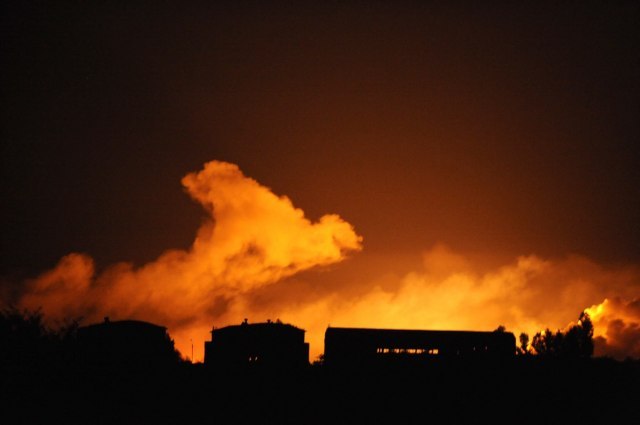
The long, winding line they share is poorly demarcated and both sides accuse each other of fomenting the conflict. During the time of the USSR, that border was unimportant, but in recent years, Tajikistan and Kyrgyzstan have repeatedly come close to the brink of war. The Russian Ministry of Foreign Affairs expressed its "willingness to help the parties reach a long-term, mutually acceptable solution to the border issue" and offered to share its "rich experience in border demarcation".
But Russian military power in the region is eroding. Moscow has withdrawn its 1.500 soldiers from bases in Tajikistan, RFE/RL reported. There are also reports that Russian soldiers are stationed in Kyrgyzstan.
Ups and downs
This week's Shanghai Cooperation Organization summit in Uzbekistan showed the extent of the change in power. Putin met with the Chinese president in Samarkand and later admitted that Xi Jinping had "questions" and "concerns" about the war in Ukraine.Xi issued a carefully worded statement: "In the face of a changing world, changing times and historical changes, China is willing to cooperate with Russia to show great power responsibility and lead, to bring stability and positive energy to a world of chaos."
"Politico" appreciates that this is "far from the 'no limits' partnership that the two countries announced before the Russian invasion of Ukraine. Xi also said that China will "resolutely support Kazakhstan in defending its independence, sovereignty and territorial integrity."
It is clear that there is a new powerful player in the region, "Politico" concluded.










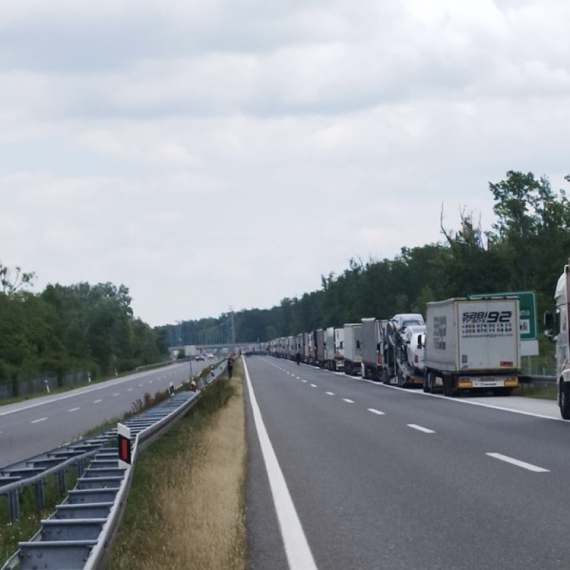
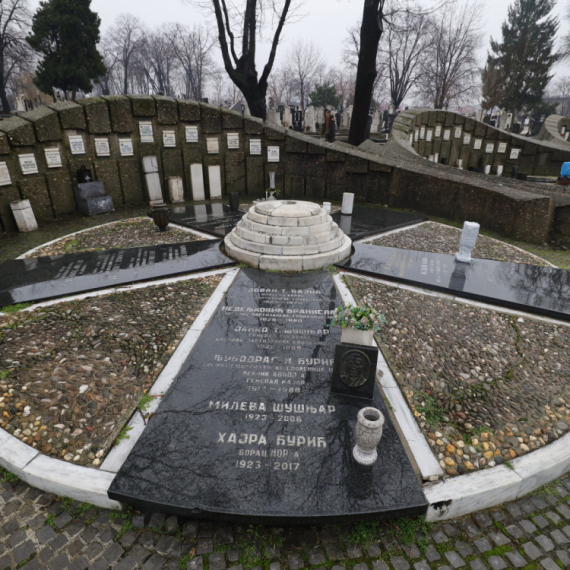
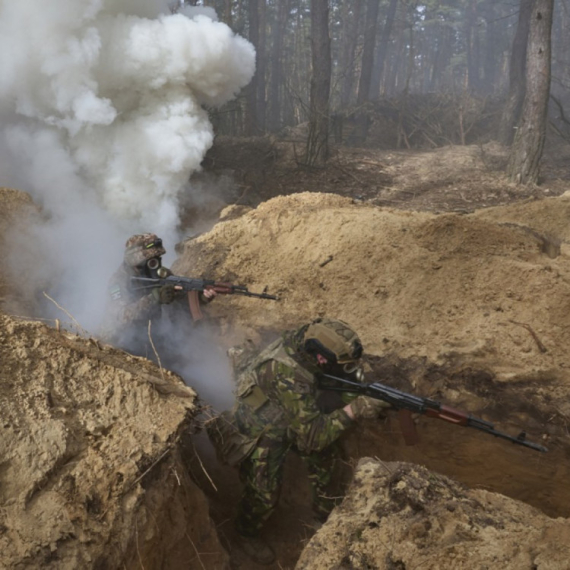































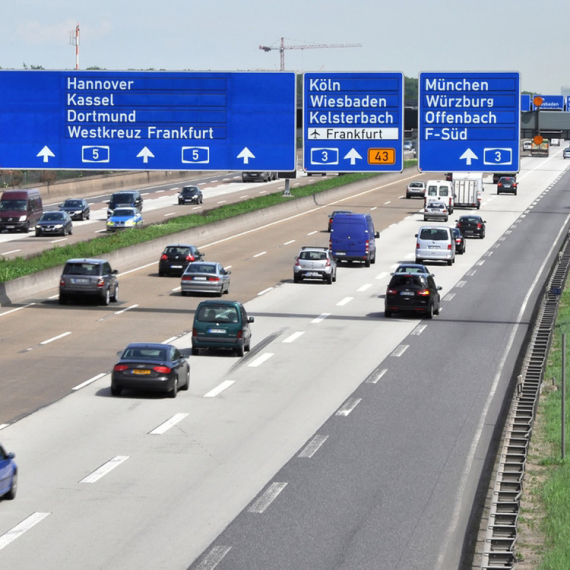



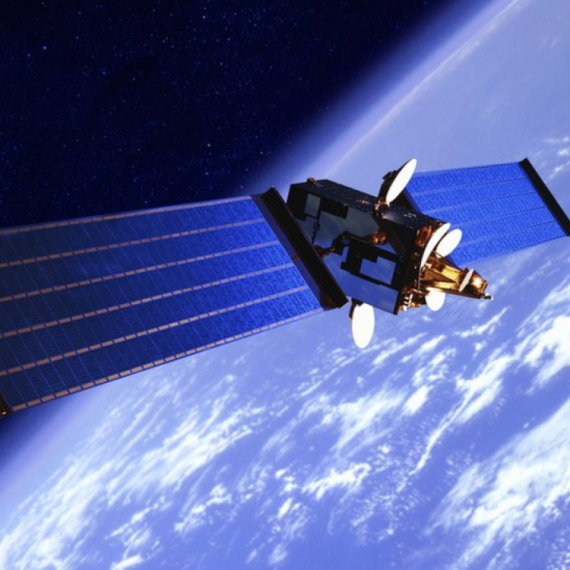
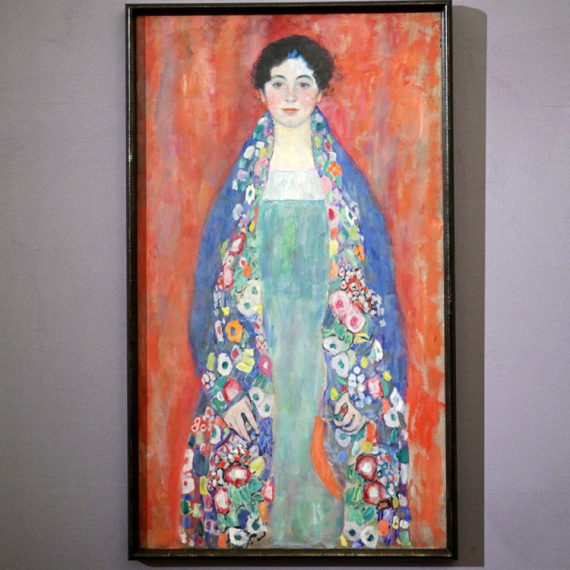

Komentari 1
Pogledaj komentare